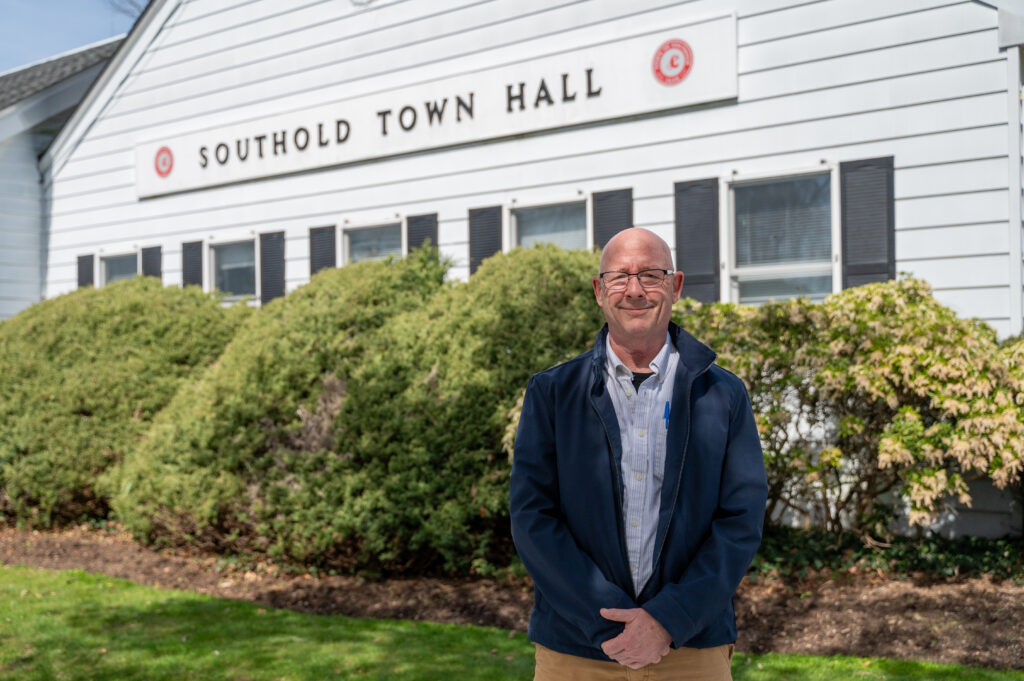How RISE Act affects Southold: Legislation prohibits employers from inquiring about salary history

With the Restricting Information on Salaries and Earnings Act expected to take effect this June, Southold Town Attorney Bill Duffy reviewed components the new law with Town Board members at a work session last week.
In December, the Suffolk County Legislature passed the RISE Act, which prohibits employers with four or more employees from inquiring about job applicants’ wage and salary history during the hiring process.
The law was enacted with the intent to break the cycle of wage discrimination and close the wage gap for underpaid groups, such as women and people of color.
Similar measures have been approved in New York City, Westchester and Albany counties.
But unlike New York City and Westchester county, where prior salaries may be considered if an applicant voluntarily shares the information, Suffolk County’s law does not address the exception, according to Mr. Duffy.
According to a press release issued by County Executive Steve Bellone’s office announcing the legislation, applicants may willingly disclose salary history to a prospective employer. It does not explicitly refer to how a prospective employer may use that information in making their offer. The press release also states that prospective employers may ask an applicant about competing offers and counter offers the applicant has received.
“In our circumstances, we have civil servants, so you can very easily find out how much someone is making and make our offer based on that, but you can’t do that anymore,” Mr. Duffy said.
“I don’t think it’s necessarily such a bad thing because when you’re hiring someone, you’re asking them what their salary demands are: how much do you need from us to take the job? It’s ultimately their discretion whether that’s satisfactory,” Supervisor Scott Russell said.
But Mr. Duffy pointed out several issues with enforcement. “If they say ‘well, I’m making this now,’ how do you prove that you didn’t consider the amount? It’s a problem I see with the legislation.”
“As a person who negotiates salaries and hires people, it’s bizarre,” Councilman Bob Ghosio said.
Under the legislation, exceptions include when wage or salary history inquiries are made pursuant to federal, state or local law or when salaries are determined via collective bargaining agreements.
According to a report issued by the New York State Department of Labor last year, women in Suffolk County earn 78.1 percent of what their male counterparts earn, compared to the statewide percentage of 86.8 percent.
African American women earn just 64.4 of what men make and Hispanic women earn, on average, 55.3 percent of what men earn.
The salary inquiry ban affects both public and private sector employers with four or more employees and includes every stage of the hiring process.
The Suffolk County Department of Economic Development and Planning estimates that closing the gender wage gap in Suffolk would result in a net increase of spending within the county of approximately $664 million annually.








